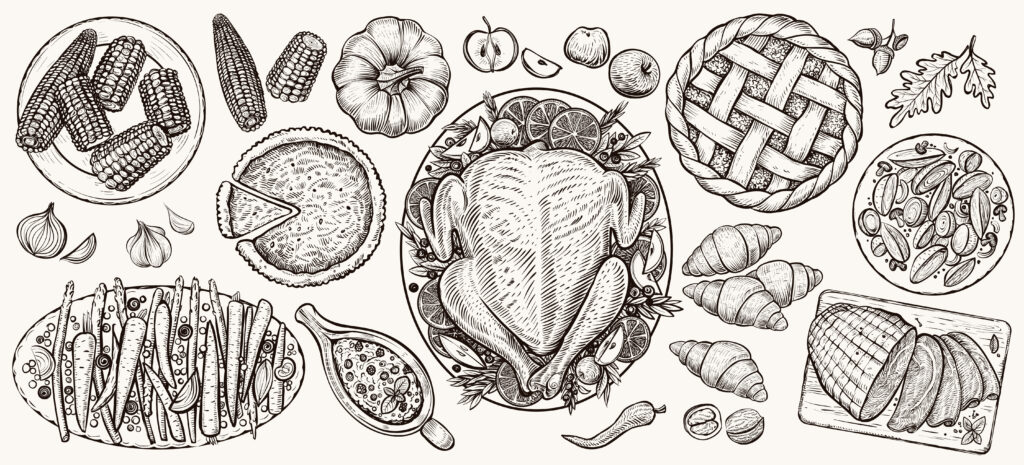If you’re feeling less grateful in 2020, consider giving in order to foster more gratitude in the midst of a difficult year.
Despite 2020’s best efforts, Thanksgiving is upon us once more.
As it was for the pilgrims of Jamestown and Plymouth some four hundred years ago, Thanksgiving today is a time for gratitude. We give thanks for food, safety, family, friends—for life itself. We give thanks for these things because they are good, and if we’re honest, we see them as gifts that far surpass our deserving.
When we pause to think about “giving thanks,” we can see that it has a trinitarian structure: the gratitude of the receiver, the gift received, and the gift-giver. Thus, while the name of this holiday—Thanksgiving—emphasizes what is asked of us as receivers, Thanksgiving also conjures a giver and his gifts.
Abraham Lincoln’s Thanksgiving Proclamation speaks of the highest Giver when he describes the holiday as “a day of Thanksgiving and Praise to our beneficent Father who dwelleth in the Heavens.” He goes on, recalling the “the gracious gifts of the Highest God, who, while dealing with us in anger for our sins, hath nevertheless remembered mercy.” God is here understood as the giver to whom thanks is due. His love for humankind is the source of the goods for which we are grateful. And without a giver there can be no thanksgiving.
We are thus reminded that gift giving, or philanthropy, lies at the heart of Thanksgiving. And this possesses a certain power that is particularly needed today as it was at the time of Lincoln’s proclamation in 1863.
In that year, the United States of America was caught up in civil war. Friend faced friend. Brother fought brother. The Union was torn apart. But in the midst of such strife, the act of thanksgiving gave a unique opportunity to turn away from quarrel and conflict, finding common ground—thanks to a common Giver—in gratitude for life itself.
No wonder, then, that Lincoln made his Thanksgiving Proclamation when he did. But while the act of giving thanks can be now, as it was then, a source of peace and harmony, so too is the act of giving that makes it possible.
This is true not only in the particular case of “our beneficent Father,” as Lincoln’s proclamation has it. It is also true in the case of each of us. Every person—each of us—can act as a giver and make thanksgiving possible.
So, while some will say that “This year, gratitude is a stretch” and that “It’s been such a hard year” and we should “just give in to the temptation to self pity,” I suggest that if we find ourselves struggling to be grateful, we should double down on giving instead.
We can be givers of gifts, great and small. If we feel that we lack sufficient cause to give thanks, we should consider making gratitude possible instead, by giving of ourselves for the good of others.
And, so, with Lincoln, we can and should “fervently implore the interposition of the Almighty Hand to heal the wounds of the nation and to restore it as soon as may be consistent with the Divine purposes to the full enjoyment of peace, harmony, tranquility and Union.”
And, at the same time, we can and should participate in this healing, both in our thanksgiving, and in our own generous giving of self.




